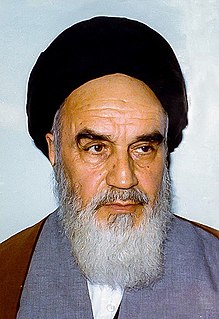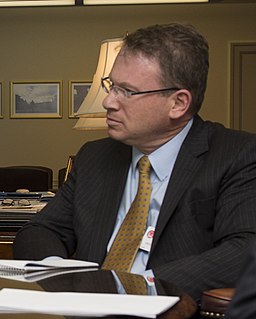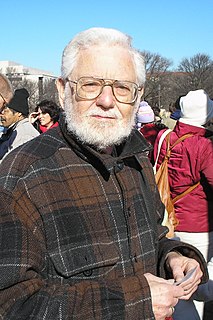A Quote by Ruhollah Khomeini
After the Shah's departure from Iran, I will not become a president nor accept any other leadership role. Just like before, I limit my activities only to guiding and directing the people.
Related Quotes
It is clear that there are reasons for discontent in Iran - economic and political reasons. We have told the Iranian leadership repeatedly that the country's economic recovery can ultimately only succeed through greater international economic cooperation. And the precondition for that is not only that Iran refrain from developing nuclear weapons, but also that Iran's role in the region become far more peaceful. We have offered to finally hold true negotiations and talks on that issue.
My advice for Obama concerning Iran is just to do what you already promised you would do, open up communications with Iran. Which is what I did after the Shah was deposed, as you know when the revolutionary government came in, I still had diplomatic relations with Iran, otherwise the hostages wouldn't have been there. We had about, as you know, 60 some diplomats in Iran, they had about the same number in Washington.
The only person Henry Kissinger flattered more than President Richard Nixon was Mohammad Reza Pahlavi, the shah of Iran. In the early 1970s, the shah, sitting atop an enormous reserve of increasingly expensive oil and a key figure in Nixon and Kissinger's move into the Middle East, wanted to be dealt with as a serious person.
We support any deal that denies Iran nuclear weapons, that has a continuous and robust inspection mechanism and that has snap-back provisions in case Iran violates the agreement. Our concern is that Iran will use the income it receives as a result of the lifting of the nuclear sanctions in order to fund its nefarious activities in the region.
The Arab leadership, after so many years of Obama, they're positively giddy about the arrival of Donald Trump. And when they are giddy, like any other leaders, they might over step. And the danger, of course, is initiating a confrontation with Iran that the U.S. really doesn't want to be involved with at any given moment. They have enough to worry about on the North Korea file.
Our leaders are cruel because only those willing to be inordinately cruel and remorseless can hold positions of leadership in the foreign policy establishment. People capable of expressing a full human measure of compassion and empathy toward faraway powerless strangers do not become president of the United States, or vice president, or secretary of state, or national security adviser or secretary of the treasury. Nor do they want to.
I think if you could remove all of the baggage - all of the ideology, the history, whatever else - and look in purely geostrategic terms, I think it's hard to figure out why the US and Iran would necessarily be in conflict. In fact during the shah's era, before 1979 - recognizing that there were all kinds of other problems - the US and Iran worked together splendidly at the strategic level.
..where effective competition can be created, it is a better way of guiding individual efforts than any other... regards competition as superior not only because it is in most circumstances the most efficient method known but even more because it is the only method by which our activities can be adjusted to each other without coercive or arbitrary intervention of authority.











































